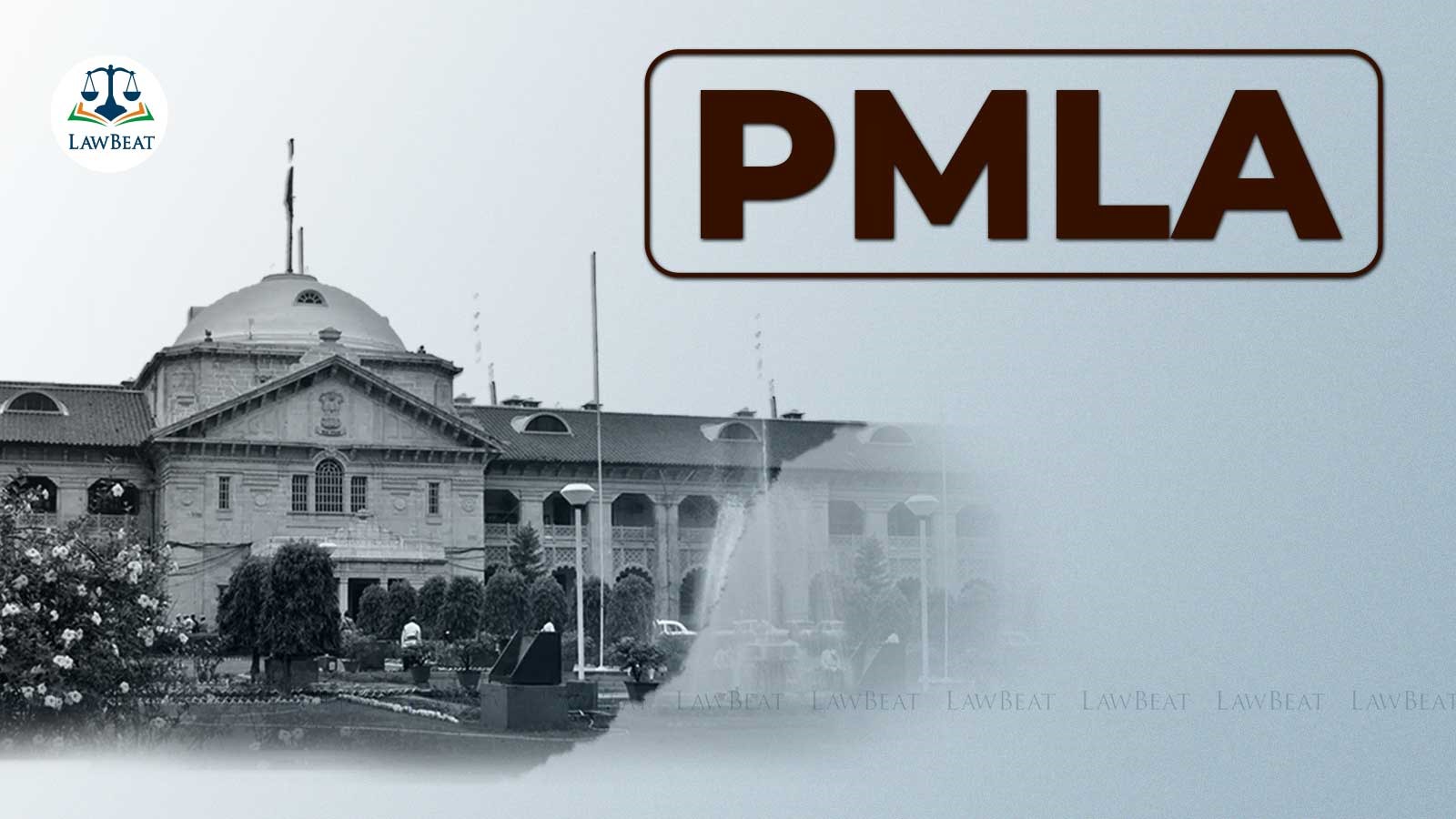Allahabad High Court Quashes Condition to Deposit Rs 2.5 Crore for Anticipatory Bail in PMLA Case

The CBI court, granting anticipatory bail under the PMLA, directed the accused to deposit Rs. 2.5 crore with 10% simple interest since September 2018, among other conditions
The Allahabad High Court has recently quashed a condition imposed by a CBI court while allowing an anticipatory bail in a case registered under the Prevention of Money Laundering Act, 2002. The CBI court had ordered the applicant to deposit Rs 2.5 crore along with 10% simple interest for every year since September 2018.
This amount of Rs 2.5 crore had been alleged to be credited to the bail applicant's account from the account of a company. The Enforcement Directorate (ED) had neither seized nor attached any property of the applicant during the investigation.
The applicant's counsel argued that this condition for the anticipatory bail was onerous and unreasonable. Object of imposing conditions is to secure the attendance of the accused and not to ruin the business of the accused, the counsel contended.
The counsel referred to a catena of the Supreme Court including Sandeep Jain v. National Capital Territory of Delhi, (2000), Amarjit Singh v. State of NCT of Delhi, (2009), Ramathal & others vs Inspector of Police & Another, (2009) and Munish Bhasin & Others vs State (Govt. of N.C.T. of Delhi) & Another, (2009) where the top court adjudicated upon the issue of imposition of onerous condition for bail.
In the case of Sandeep Jain, the top court had adjudicated upon the issue whether an accused can be detained in custody endlessly for his inability to pay the amount as directed for securing the bail. The apex court, in the case of Amarjit Singh, had held the imposition of the condition to deposit the sum of Rs. 15 lakhs in the form of FDR in the Trial Court as an unreasonable condition.
In Ramathal & Ors, the apex court has again considered the issue of imposing onerous conditions while granting anticipatory bail to the accused. In this case, the accused had been ordered to deposit Rs. 32,00,000 lakh for securing pre-arrest bail. The top court held this condition very unreasonable and onerous.
In the case of Munish Bhasin, the Supreme Court said that it is well settled that while exercising discretion to release an accused under Section 438 of the Code neither the high court nor the sessions court would be justified in imposing freakish conditions.
There is no manner of doubt that the court having regard to the facts and circumstances of the case can impose necessary, just and efficacious conditions while enlarging an accused on bail under Section 438 of the Code. However, the accused cannot be subjected to any irrelevant condition at all, the top court had held.
The top court had emphasised that the conditions to be imposed under Section 438 of the Code cannot be harsh, onerous or excessive so as to frustrate the very object of grant of anticipatory bail under Section 438 of the Code.
In light of the top court's ruling, the bench of Justice Sanjay Kumar Singh held that the condition imposed in the present case was not sustainable.
Accordingly, the high court allowed the petition and quashed the impugned condition.
Case Title: Meena Anand v. Directorate Of Enforcement Government Of India
